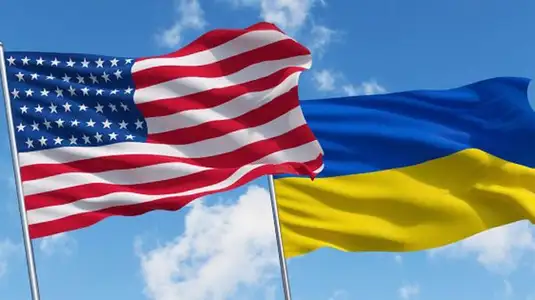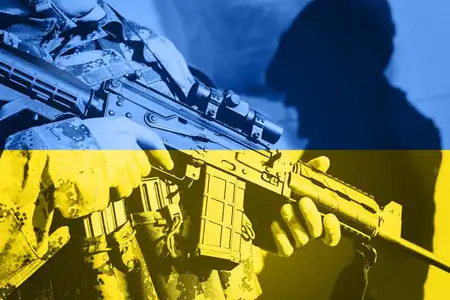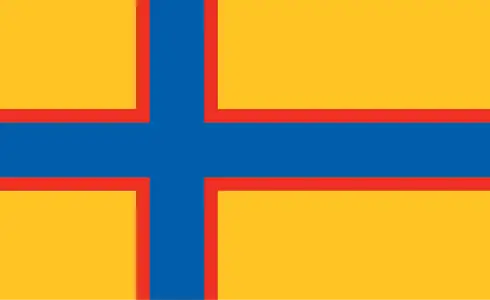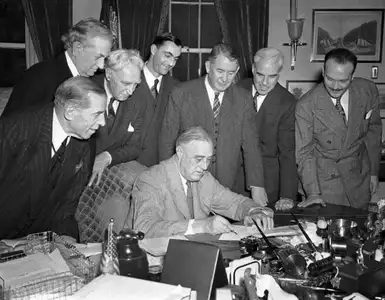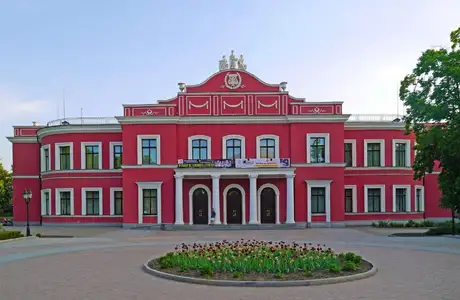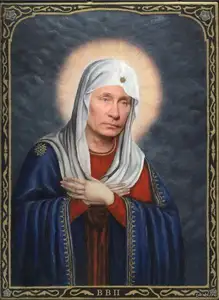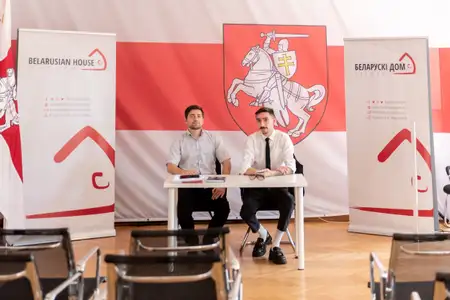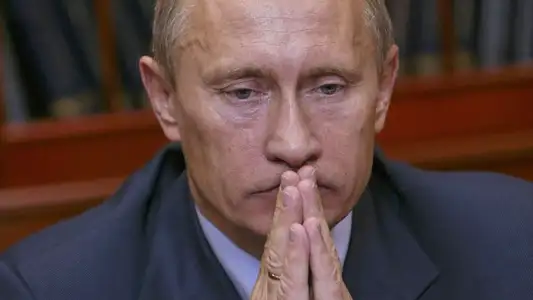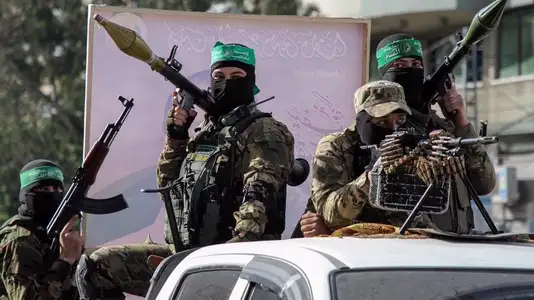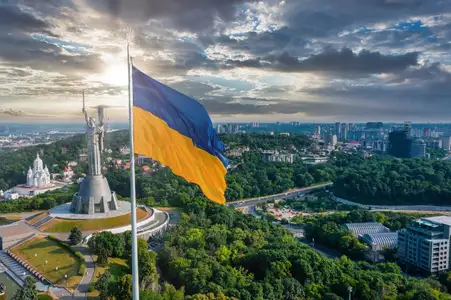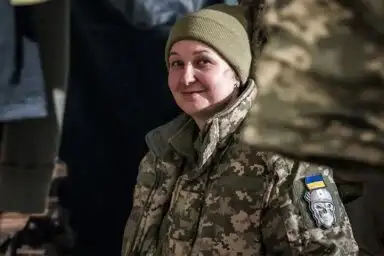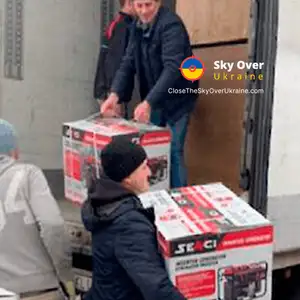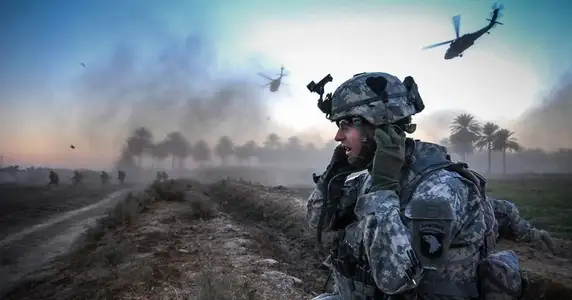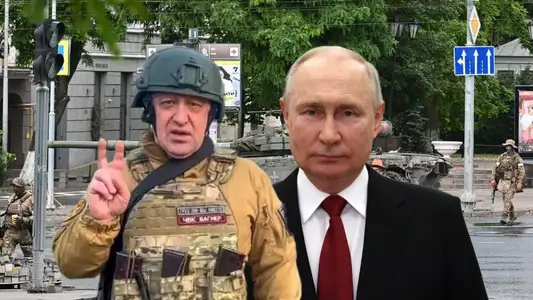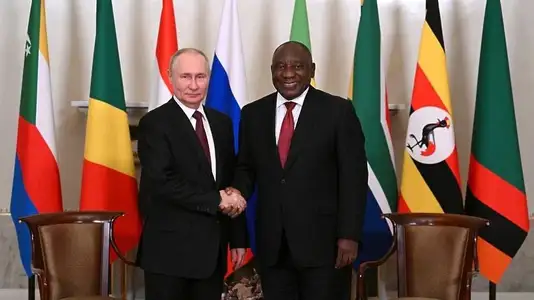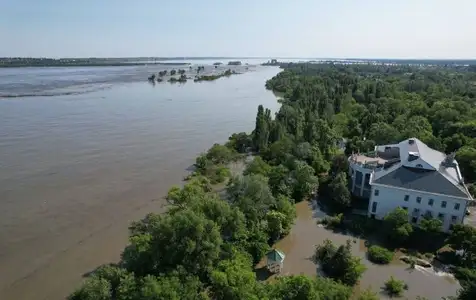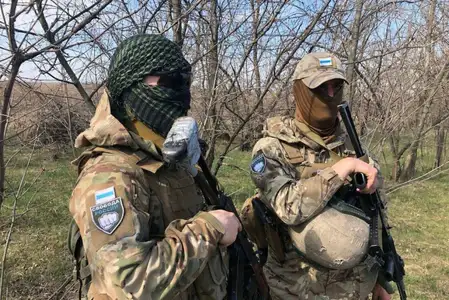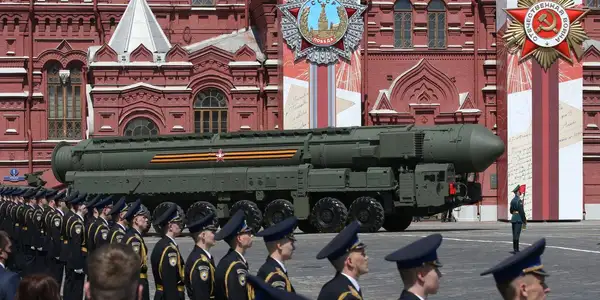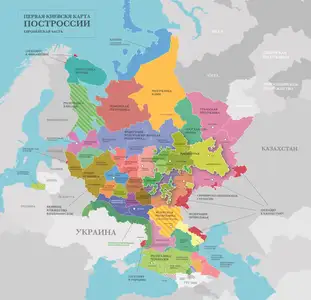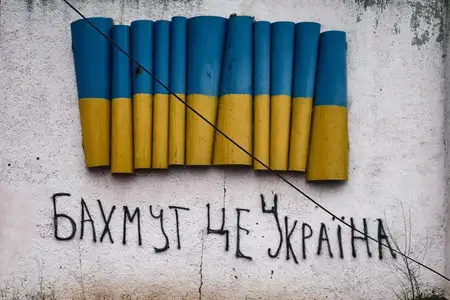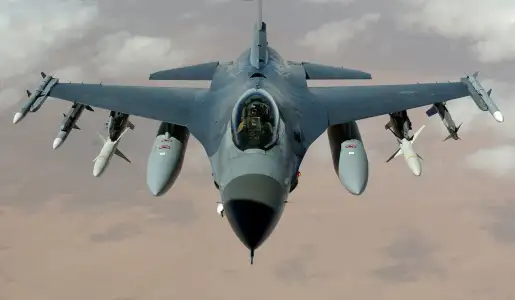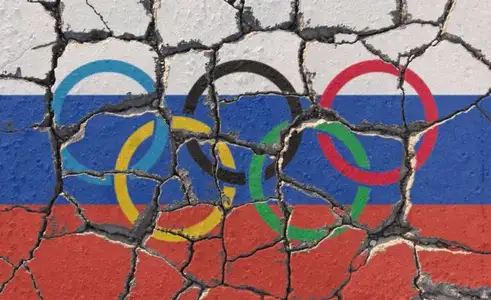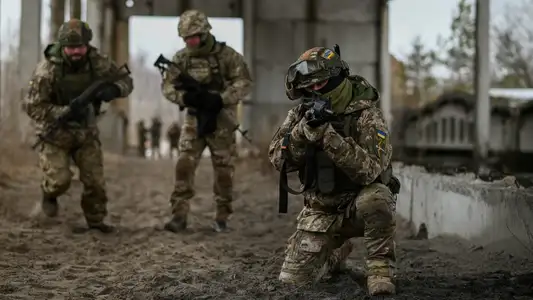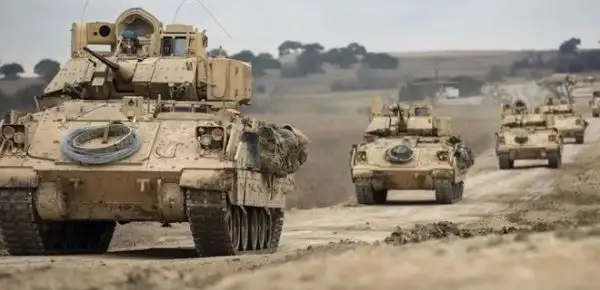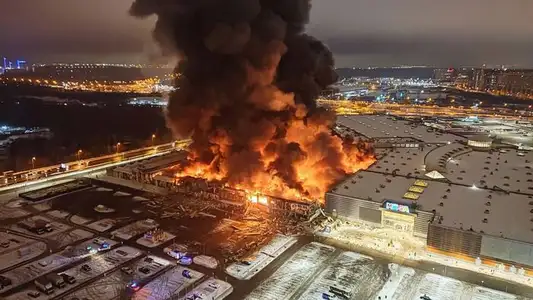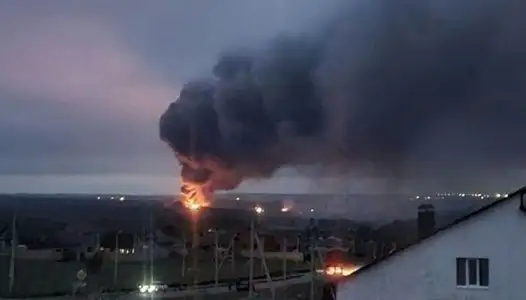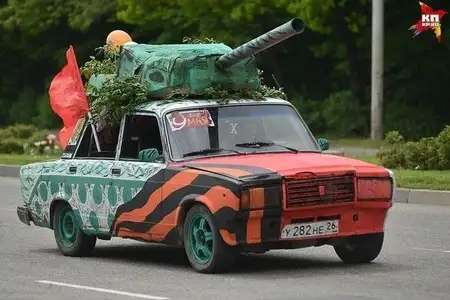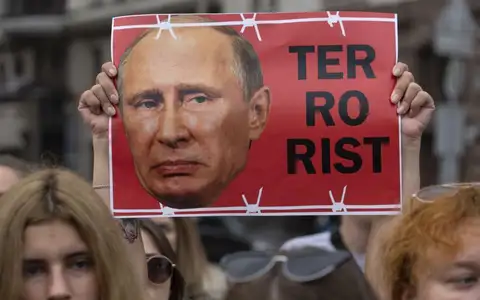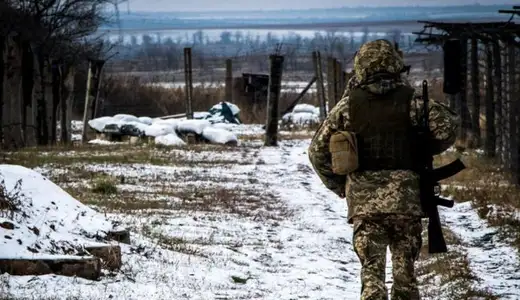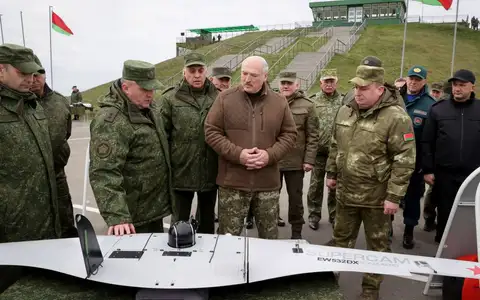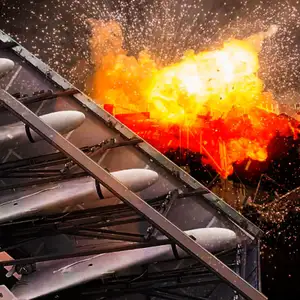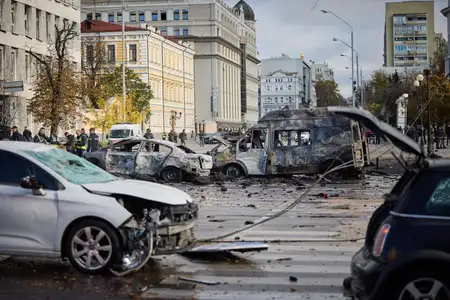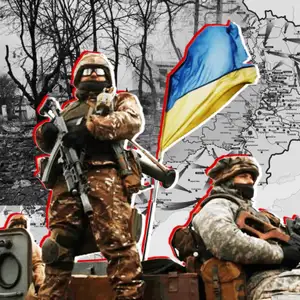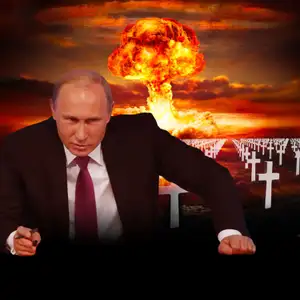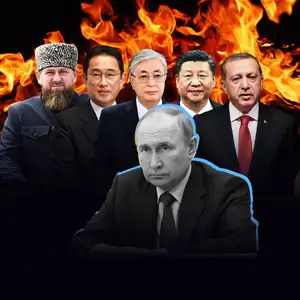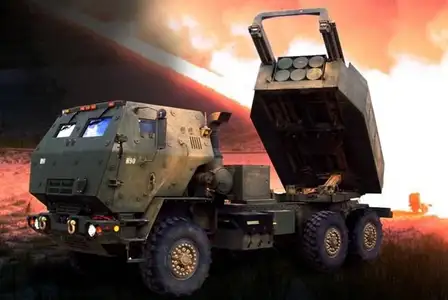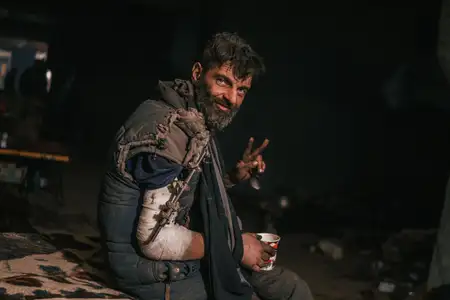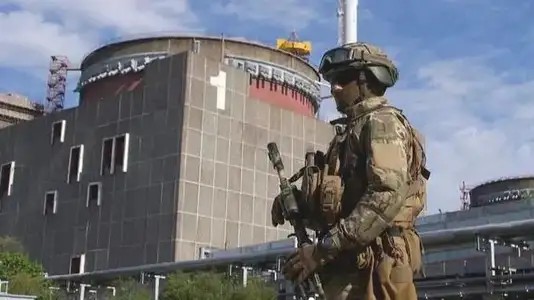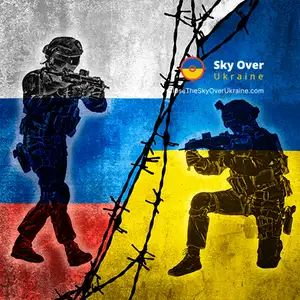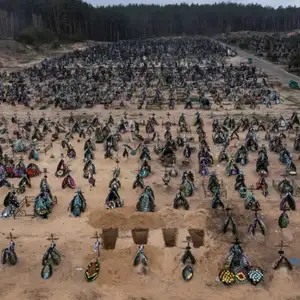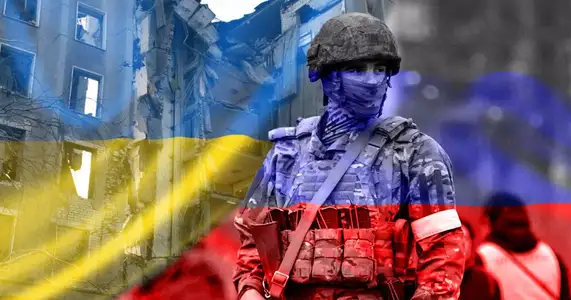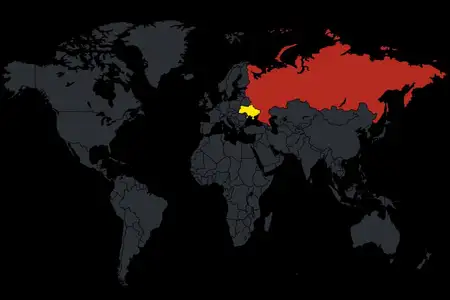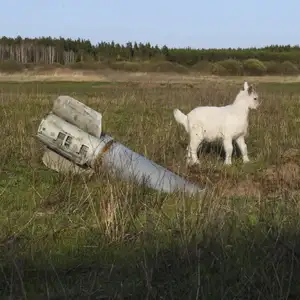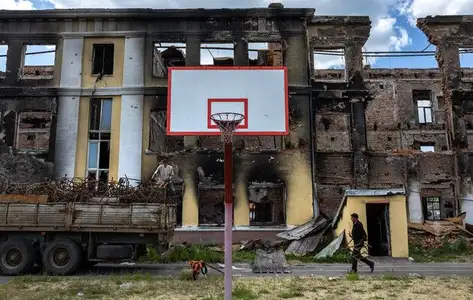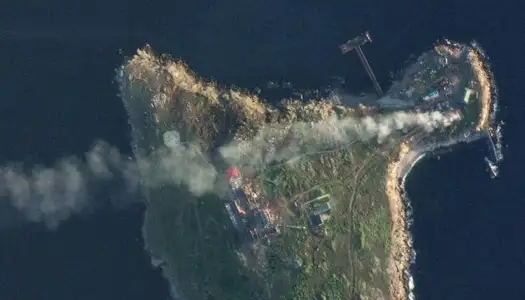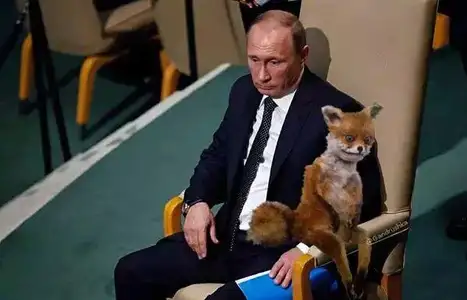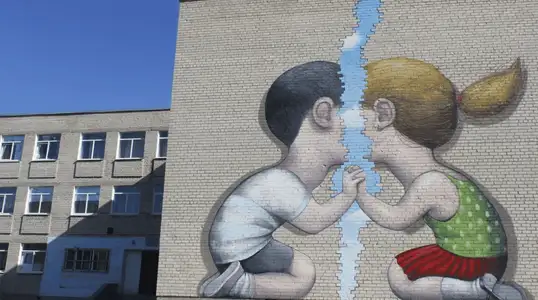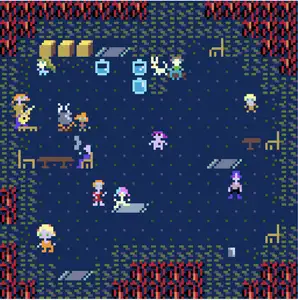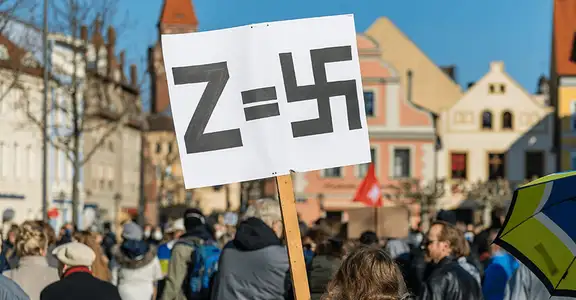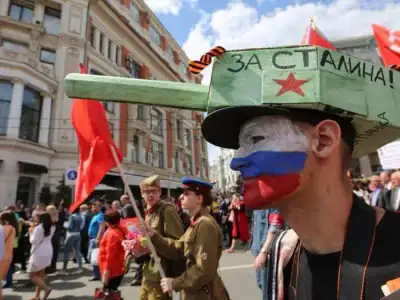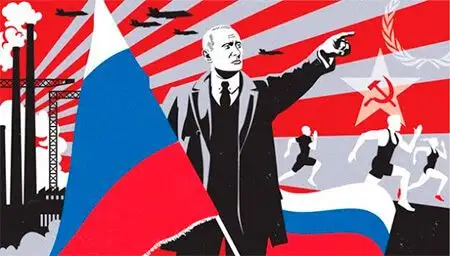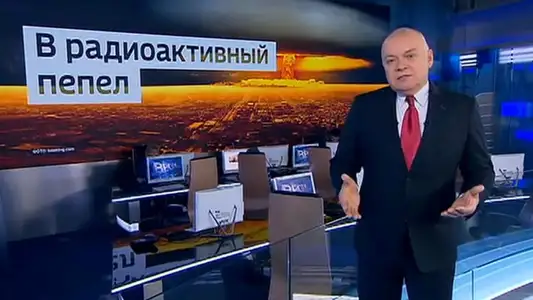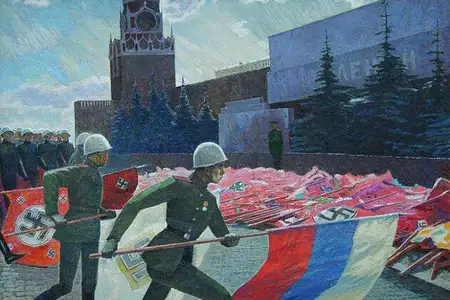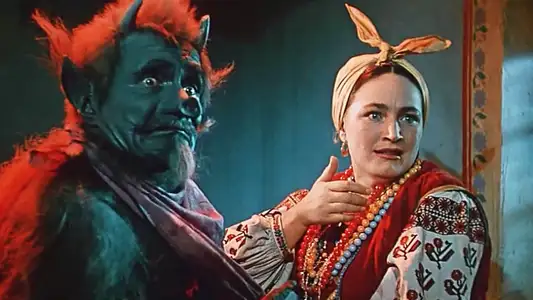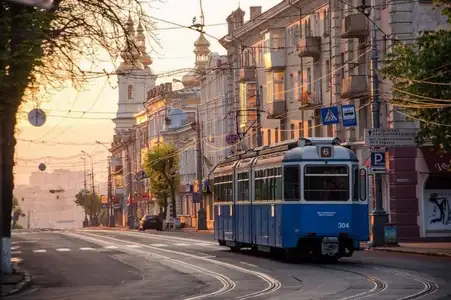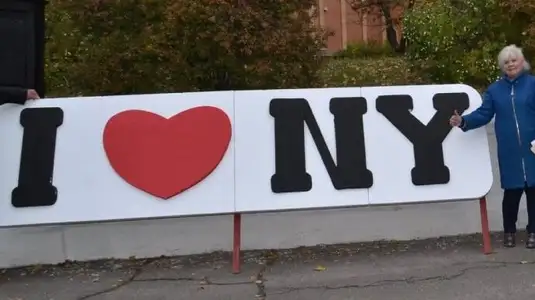Putin's death: Who will benefit and what will happen next? Part 2
In the first part of the article published earlier, we considered the first possible scenario of Vladimir Putin's departure from power – as a result of natural death, as well as the “candidates” among Russian politicians who could take the chair of the Russian president after Putin's death. In this part, we will consider the second of the possible scenarios, as well as options for the development of events in the Russian Federation after Putin's death.
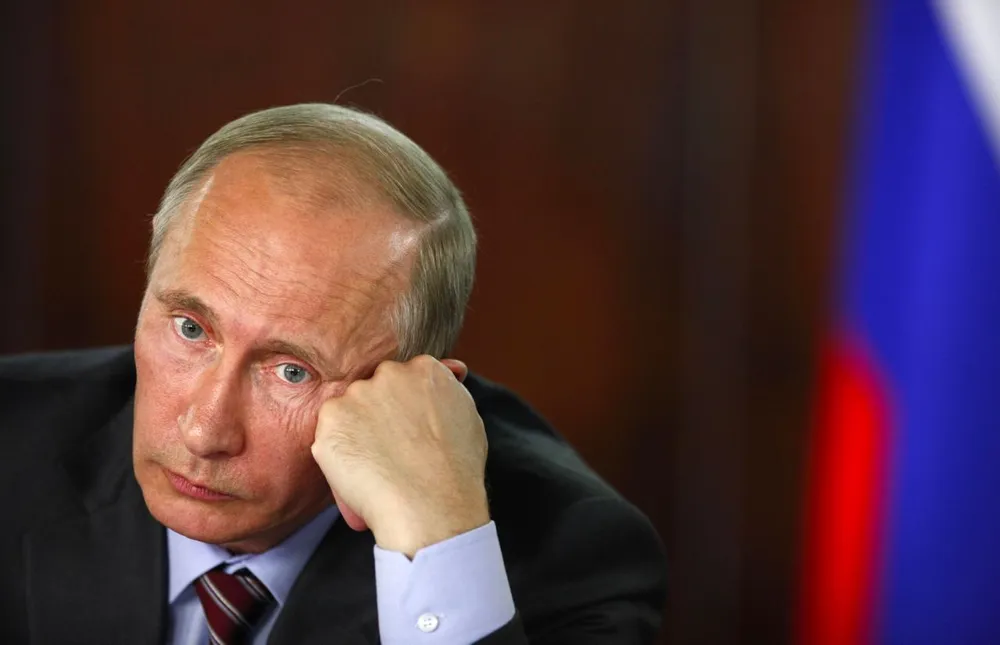
Putin's forced removal
The second scenario is Putin's forced removal from power. Assassination, isolation (as with Gorbachev during the August putsch in 1991), criminal proceedings followed by imprisonment... The form is actually not important.
What is important is who benefits from it in the first place. First of all, it will benefit the military top brass, because the supreme commander-in-chief of the Russian army is Russian President Vladimir Putin. All “dark deeds” related to the army are tied to him, including colossal misappropriation of budgetary funds. For a long time, he has been in full control of all actions of the troops, including their financial flows.
The Russian army has been actively developing, building up its military power and introducing the most modern technologies. This is the opinion of the official media. In reality, things are much worse. The development was extensive, quantitative, not qualitative – and this is a dead-end path.
The period after the end of the Cold War between the USSR and the USA (1987) marked the beginning of mutual disarmament. Both sides tried to maintain parity, including nuclear one. This led to stability – neither side had the need to conduct an arms race. Loud statements about “state-of-the-art weapons” were not backed up by real actions to develop these weapons.
Russia's full-scale war against Ukraine showed that the federation's quantitative advantage in manpower and equipment played no role. The declared rapid development of military technologies in reality turned out to be the fact that Russia uses outdated equipment on the battlefield dating back to World War II.
Who benefits most from Putin's death?
Putin's death is primarily beneficial to the military. Namely, the military top brass, which has now, for once, received enormous funding (a good possibility for misappropriation) and virtually unlimited opportunities to test military equipment that has been in reserve for many decades, as well as a few new developments. This includes nuclear weapons, the relevance of which as combat weapons disappeared 60 years ago.
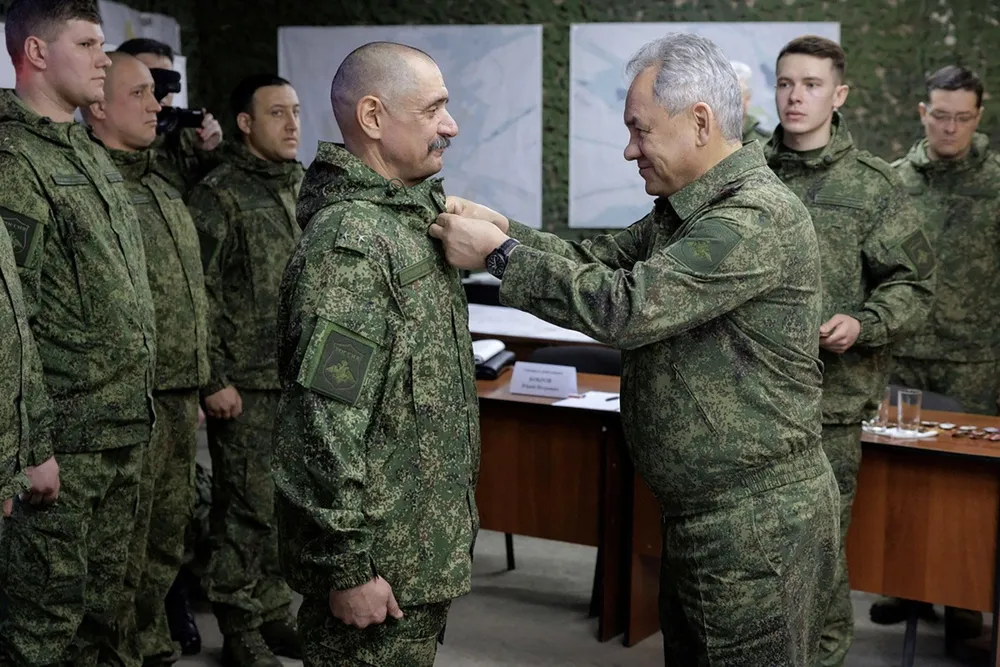
The Russian Ministry of Defense is headed by Sergei Shoigu. Shoigu is a contradictory personality. On the one hand, he is an intelligent and cunning man with a wealth of life experience. Out of an ordinary agency – the Ministry of Emergency Situations – he made a serious paramilitary structure capable of responding quickly to problems in the country.
In the struggle for leadership, he can count on the support of the Defense Ministry's structures, as well as part of the army. Another part of the army despises Shoigu for the fact that he has never served in the army, yet he received the high rank of major general. Support from the FSB (Federal Security Service), which will want to increase its influence in the country, is also quite possible. However, it is impossible to predict the behavior of counterintelligence.
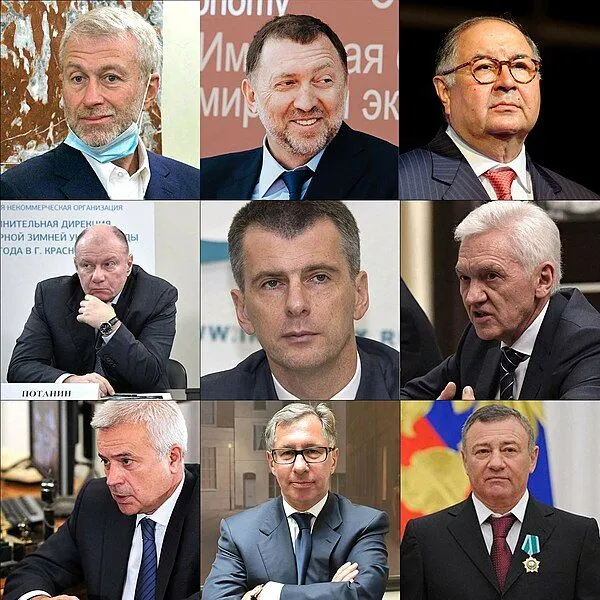
Some of the Russian oligarchs (from top left to bottom): Roman Abramovich, Oleg Deripaska, Alisher Usmanov, Vladimir Potanin, Mikhail Prokhorov, Gennady Timchenko, Vagit Alekperov, Petr Aven, and Arkady Rotenberg (Source: Wikipedia)
Russia's oligarchic top brass can also bring the dictator's demise closer. The main goal here is to redirect and redistribute financial flows, the vast majority of which are now tied to Putin and his inner circle. Many of the “shadow” billionaires may gain real power. This, among other things, will allow them to move their own capital to a safe place during the change of order. Or they can consolidate themselves in power for the purpose of further enrichment.
If you look at the list of Russia's richest people, you won’t see any public personalities in the top. Money loves silence, and it is difficult to predict which of the oligarchs really aspires to total power, and who is just enough to fill their pockets or preserve their existing capital.
Also curious is the fact that many of the youngest Russian billionaires have left Russia. These include Pavel Durov (founder of the social network VKontakte), Dmitry Bukhman (a major developer of mobile video games), and stock exchange player Timur Turlov.
Possible scenarios for Putin's removal
The most likely version of Putin's elimination seems to be an imitation of assassination attempt. The scenario is simple and effective; if sufficiently elaborated, it will arouse a lot of emotions in the people, such as worry about the health of the president of their choice, concern for their personal future and the future of the country, speculation about who will be the successor, and so on. This will distract the electorate from the turmoil at the top for a long time.
This option is also convenient because the organizers of such a “quiet” coup will have a few calm days to make key decisions, including the election of the leader of the new government. As it was with Stalin, Putin's death will be announced in a few days. Mass events will probably be organized to commemorate the “great leader”, his memory will be commemorated everywhere – and in reality, the introduction of new orders will begin, which will be much tougher than the old ones.
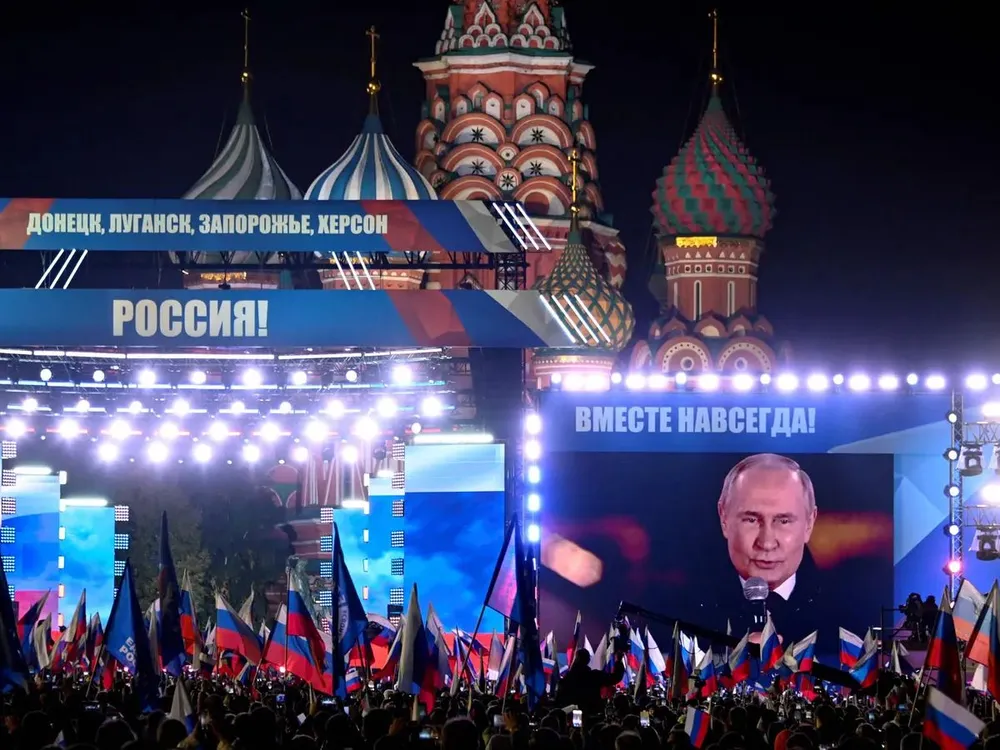
A direct assassination of Putin seems unlikely. Neither Shoigu nor Bortnikov (director of the FSB) will act “head-on”, and their planned combination will be more subtle and not arouse suspicion. Poisoning is a curious idea, and the enemy (i.e. the poisoner) can be immediately presented to the public. For example, the SBU (Ukrainian State Security Service) or NATO “agents”. And, again, it will give the conspirators some time.
Putin's isolation, which means an open coup (remember the failed history of the State Committee on the State of Emergency in the USSR in 1991 or the successful ouster of Khrushchev in 1964), is quite acceptable. Unlike in the case of an assassination attempt, the dictator will live, but will be deprived of all positions, ranks and privileges. He will be provided with comfortable living conditions and total control. Moreover, at the dictation of the conspirators, he can make a statement that “everything is going according to plan”.
It is very easy to justify the isolation of the president for the people. For example, the state of health – it is enough just to show public a few recent photos where Putin looks very bad. A tougher option is to directly declare that the president has lost control of the situation, both civil and military, and that he is incapable of continuing to govern the country. As they say, “the country needs stronger hands”.
A bloodless option seems likely, but too many in the political-oligarchic upper echelons of power still fear Putin. A living dictator, even if under full control, is a quiet threat, a sword of Damocles hanging over his successors. Most likely, physical elimination will happen in a year or two and will be explained by natural causes. Putin's family and friends will not be envious either – most likely, a long series of “mysterious deaths” will follow, which will be blamed on “enemies of Russia”.
What would happen next?
So, let's imagine that Putin is no longer president.
The most favorable option both for Ukraine and for the entire civilized world is the disintegration of Russia into a multitude of pseudo-states, former subjects of the federation, and these are both autonomous republics and regions, as well as the only autonomous region – the Jewish region. And if we remember the national regions, where the autochthonous population prevails... Naturally, the vast majority of Russian regions do not have the slightest opportunity to fully utilize their sovereignty. But the idea is interesting!
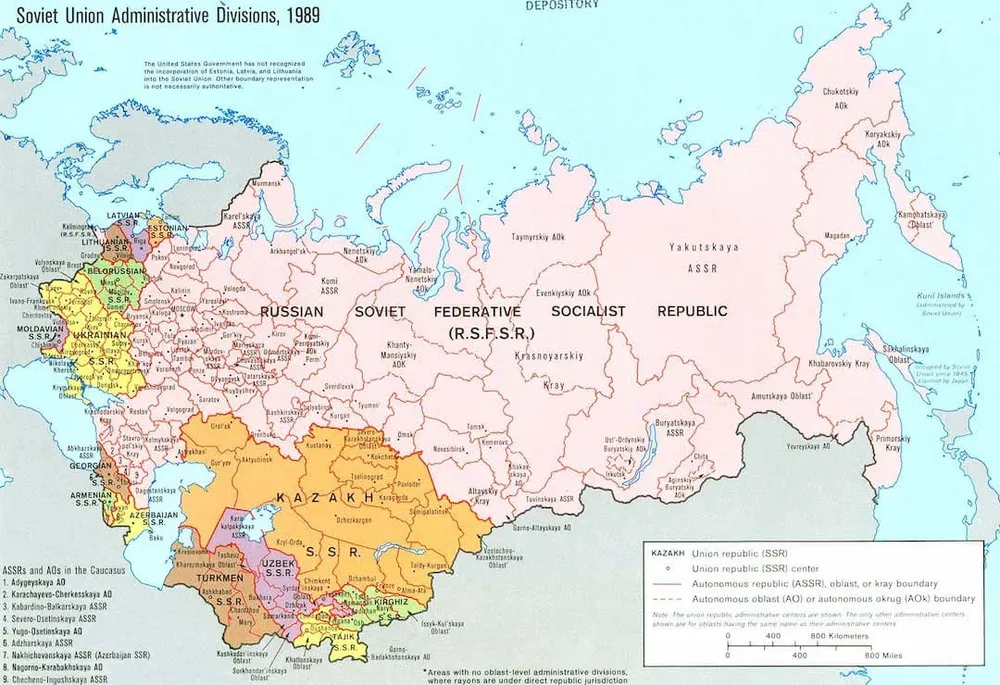
Let us make a short retrospective journey into history. In fact, the collapse of the Soviet Union began in 1988 (not 1991, as many believe), when the Estonian SSR proclaimed a declaration of state sovereignty, which implied the transfer of almost all Union powers to the republic, and which formally did not require Estonia to secede from the USSR.
In 1989, similar declarations were adopted by Latvia, Lithuania, and Azerbaijan, while still not declaring secession from the Union. And already in 1990, Nakhichevan ASSR, an autonomous republic being a part of the Azerbaijan Republic, was the first to declare secession from the USSR. And it went on like a snowball. Curiously enough, Russia itself (RSFSR) also proclaimed a declaration of sovereignty, which looks a bit surreal.
It is worth noting that the Soviet constitution had an article on the right of republics to withdraw from the federation. In modern Russia, the subjects of the federation do not have such a possibility, however, both these norms are pure formality from the point of view of international law.
The disintegration of the Russian Federation is very likely to start from the south. The Muslim republics of the Caucasus, despite large subsidies from the federal budget, aspire to greater autonomy; this aspiration is actively supported by both Muslim forces from abroad and local religious activists. Chechnya, Dagestan, and Ingushetia are the first candidates to declare independence when Putin loses control. North Ossetia, being a Christian republic, could find itself in the center of a serious confrontation, as could its neighbor South Ossetia, an unrecognized state.
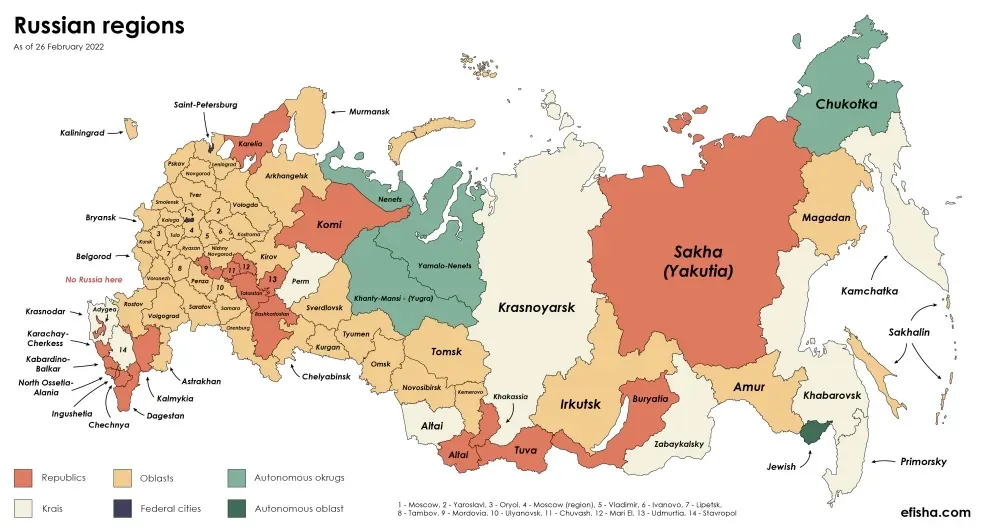
Next of interest is the so-called “Chinese plan”. Chinese business has long controlled the Far East and part of Siberia, and in case of loss of centralized power, the PRC forces may start direct expansion towards Russia. No one would ask Mongolia's opinion, but its authorities would not refuse to gain control over border regions such as Tuva, Buryatia or Altai. The peoples of these republics, despite their different languages and religions, have long been under Mongolian influence and lived in the context of the Mongolian cultural continuum. Which, in turn, has been under the influence of China for many centuries.
We can assume the emergence of puppet states on the territory of the above-mentioned republics, as well as on the border territories of Transbaikal and Primorsky krai, Amur region and Jewish autonomous region. The transition phase will last for a long time, because China and its satellite Mongolia benefit much more from economic than political expansion. In general, China will not miss its own. “Divide and conquer” (Divide et impera).
The disintegration from the northwest could begin with the Leningrad region and the Republic of Karelia, where a significant percentage of the Finno-Ugric population lives. Finland, even if implicitly, claims Karelia and neighboring regions that were ceded to the USSR after the Soviet-Finnish war. With Finland's formal neutrality, it would be strange to assume that the Finns would not try to regain their ancestral lands by enlisting the support of local peoples.
The situation in the regions bordering Ukraine does not look so obvious. The areal of the Ukrainian language goes beyond Ukraine itself; it is, however, in the form of surzhyk (Ukrainian-Russian pidgin), widely spread in rural areas of the Belgorod, Bryansk, Voronezh, and Kursk regions. However, one should not expect separatism there, as even the inhabitants of these regions, who speak some semblance of Ukrainian, are unlikely to support the annexation of these areas to Ukraine.
It is worth paying attention to the richest regions of Russia. Let's dismiss Moscow as the capital. Let’s consider the northernmost regions; despite their natural wealth, their population is extremely small, and all their productive forces are imported. If the center's support goes away, all indigenous peoples will return to the “primitive communal system”. A possible exception could be Yakutia with its diamond and gold deposits, but this is a speculation.
There remains, for example, Tatarstan. The Republic has one of the world's largest oil deposits (accompanied by gas and coal), as well as a well-developed diversified industry, since Soviet-era.
Tatarstan is a unique region in many respects. In 1991 it declared itself a full-fledged republic of the USSR, and already in 1992, actually being a part of independent Russia, it declared independence by holding a referendum and not signing a federal treaty with the center. Until 2001, it had many formal signs of an independent state – some local currency, passports, license plates.
With the collapse of the modern Russian Federation, separatist sentiments in Tatarstan will sharply increase, but the situation is complicated by the fact that its territory is surrounded on all sides by Russian territory. The solution of the logistical issue is very problematic.
There are several other regions in Russia that are rich in resources and have well developed industry. These are the Sverdlovsk, Nizhny Novgorod, Chelyabinsk regions and some others. The issue of logistics for them is the same: with the huge volume of extraction and production, export through the territory of neighboring regions will be extremely difficult. The exception may be the regions bordering Kazakhstan, but Kazakhstan's behavior in this situation may be unpredictable. It is doubtful that it will go for direct expansion, but economic expansion is very likely.
However, by losing some border territories, Russia may retain its core territory; this has already happened in its history. Most likely, the federation will become “softer” (now it is just a formality, as it was under the USSR). Regions will get much more authority and real power within their borders. We can assume the formation of a sort of confederation, a voluntary association of practically independent states under a single center, which only coordinates common policy. At the moment there are no such formations in the world, but history knows many cases, such as the United Kingdoms of Sweden and Norway or the dualistic monarchy of Austria-Hungary.
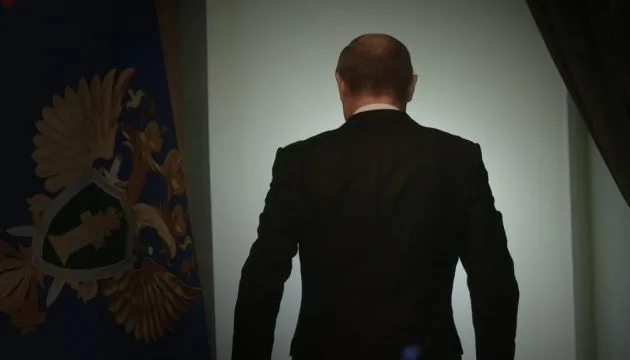
Will the war stop immediately after Putin's death?
In any case, Putin's death (physical or political) will lead to a significant destabilization of both the world geopolitical situation in general and the Ukrainian one in particular. One should not think that the elimination of a dictator will lead to an immediate cessation of war, withdrawal of troops and a peace treaty. No one will stop military operations at once when a military dictatorship comes in, or when temporary anarchy sets in.
First of all, it is a long process. The logistics of moving an army of several hundred thousand people is a non-trivial task, and during a struggle for power (no matter whether physical or political) it will be impossible to make quick and clear decisions. Soldiers must be fed, clothed, and provided with allowances, which is extremely difficult in the conditions of a broken supply system from Russia. Chaos will begin, which could turn into a great tragedy for the civilians of Ukraine.
Even with the organized withdrawal of such a large number of Russian combatants, looting and mass terror among the local population will intensify. Witnesses to war crimes will be eliminated without trial, archives will be destroyed, and entire settlements will probably be wiped off the face of the Earth.
Moreover, with the complete loss of control of the Russian military top brass over the army, complete chaos will begin. Some part of the invaders will surrender, some will be eliminated by the Ukrainian military and residents of the occupied territories, but the majority, being in confusion, will rob and rape, kill for a piece of bread. “War. War never changes”.
In both the first and the second case, the transition period may drag on for many months, and it is difficult to predict which outcome will be more favorable for Ukraine. Unfortunately, Putin's death is not a guarantee of a one-step solution to many issues, including the end of the war.
Author – Serhii Kolomiiets
